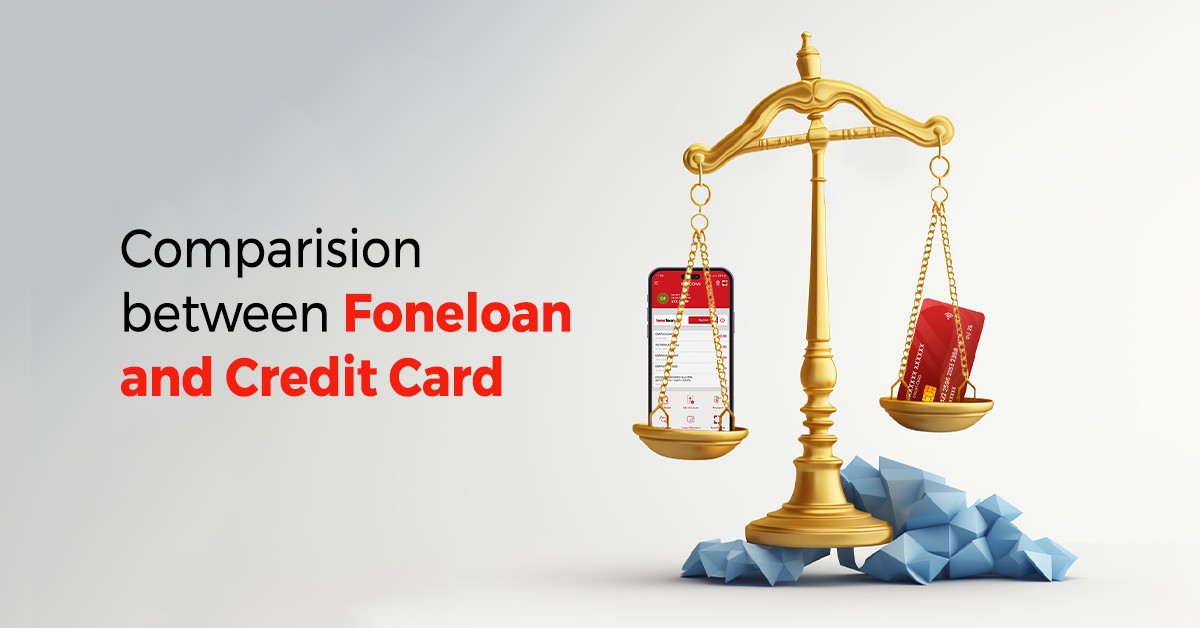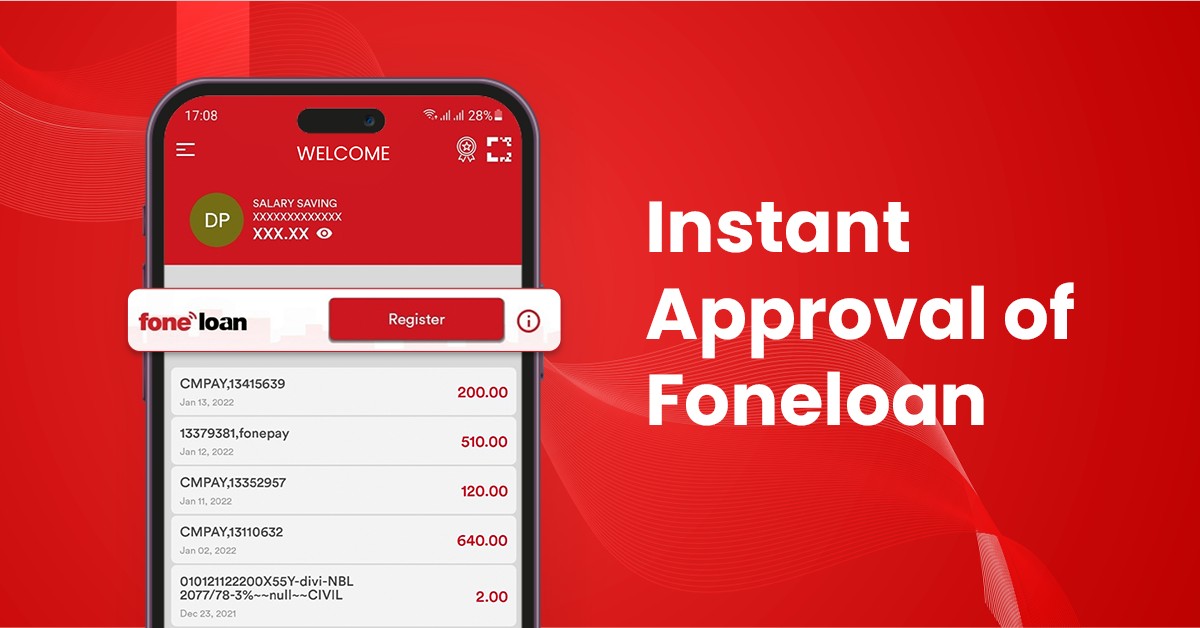


In Nepal, the concept of borrowing money has been a longstanding tradition, deeply rooted in the country's economic landscape. Over the years, people have relied on various forms of loans, from informal lending among friends and family to more formal arrangements with banks and financial institutions. From informal lending circles to more structured financial institutions, the need for financial assistance has always been met with various solutions. However, with the global advancement in financial technology, the landscape of borrowing has undergone a significant transformation. One such innovation is the introduction of credit cards, which has revolutionized the way people access credit and manage their finances. Unlike traditional loans, credit cards offer users the flexibility to make purchases and payments conveniently, without the need for immediate cash.
Credit cards are increasingly popular among consumers in Nepal, providing them with greater financial flexibility and purchasing power. Despite their widespread usage, credit cards come with their own set of limitations, including high interest rates and potential debt accumulation if not managed responsibly. Considering these challenges, Foneloan, a digital lending platform in Nepal has emerged as a viable alternative to credit cards, offering competitive interest rates and simplified application processes. In this blog, we delve into the comparison of Foneloan and Credit card and know why Foneloan might outshine credit card. We explore the intricacies of both borrowing options, analyzing their features, benefits, and drawbacks to help readers make informed decisions about their financial choices.
It is crucial that you understand the differences between various borrowing options. In this comparison between Foneloan and Credit Card, we'll break down the key aspects of each to help you make an informed decision. By examining the pros and cons of both Foneloan and Credit Card, you can choose the option that best fits your financial needs and preferences. Let's dive into the comparative analysis to find out which option might be right for you.

When it comes to the application process, both Foneloan and Credit Card come with different procedures. Talking about Foneloan, it involves a straightforward application process. The eligible users can simply register to Foneloan through their mobile banking application. The application procedure is fully digital which removes the need for visiting the bank and provides freedom from cumbersome paperwork. Besides, Foneloan has its system which checks the income and expenses of the users and determines eligibility and the loan amount.
On the other hand, applying for a Credit Card typically requires filling out an application form either online or at a bank branch. Applicants may need to provide details such as their income, employment status, and credit history. While applying for a credit card, users must provide a salary sheet, citizenship certificate, photo, and many other documents which makes the process lengthy. Overall, the application procedure for a Foneloan tends to be simpler and quicker offering a user-friendly mobile interface that simplifies the borrowing process compared to that of a Credit Card.
When comparing the cost-effective features of Foneloan and Credit card, it's crucial to consider their respective fee structures and interest rates. Both credit cards and Foenloan offer instant access to money, but consumers need to be aware of how cost-effective each option is. Foneloan's transparent fee structure positions it as a cost-effective borrowing solution. Talking about the interest rate, most of the credit card service providers charge 2% per month while Foneloan provides much lower and competitive interest rates. Moreover, Foneloan doesn’t charge extra fees for registration. Likewise, credit cards may impose hidden fees such as card issuance, renewal, pin generation, autopay failure etc. and high-interest rates.
Additionally, users have to pay extra fees for card renewal, replacement, and re-issuance. Similarly, users also have to pay in case they need transaction statements of their card. Thus, looking at the extra fees involved in a credit card, Foneloan can be a better option for quick access to money ensuring borrowers are aware of all charges upfront, promoting financial transparency and accountability.
When comparing the likelihood of approval between Foneloan and Credit card, it is important to understand their different approval processes. Foneloan tends to have a more inclusive approach as it is a pre-approved loan. It has a unique system that checks the transaction history of customers and determines the eligibility for loan. If a customer is eligible for a loan then they can get an instant loan within the credit limit. The amount is directly deposited to the customer's bank account. While in the case of a credit card, it typically requires a stronger credit background. Moreover, users have to provide a salary sheet and their salary also must be above a certain limit for approval. Even after submitting all required documents, it may still take a minimum of 3 to 6 days to get your credit card. Therefore, Foneloan can be a preferred choice for individuals who are looking for an instant loan at the convenience of their fingertips.

When it comes to repayment flexibility, both Foneloan and Credit card offer different options tailored to suit your needs. Foneloan allows for customized repayment schedules, providing borrowers with the flexibility to manage their finances according to their circumstances. The customer can repay their loan in monthly installments of 3, 6, 9, and 12 months. In contrast, Credit cards offer revolving credit lines, enabling users to pay off balances over time while having the flexibility to adjust their payment amounts within certain limits.
In conclusion, while both Foneloan and Credit card serve as valuable financial tools, Foneloan may outshine credit cards for borrowers due to their ease of application, flexible repayment options, instant approval, and competitive interest rates. However, the decision between the two options should be based on the unique financial needs and circumstances of each person.
Still have queries?